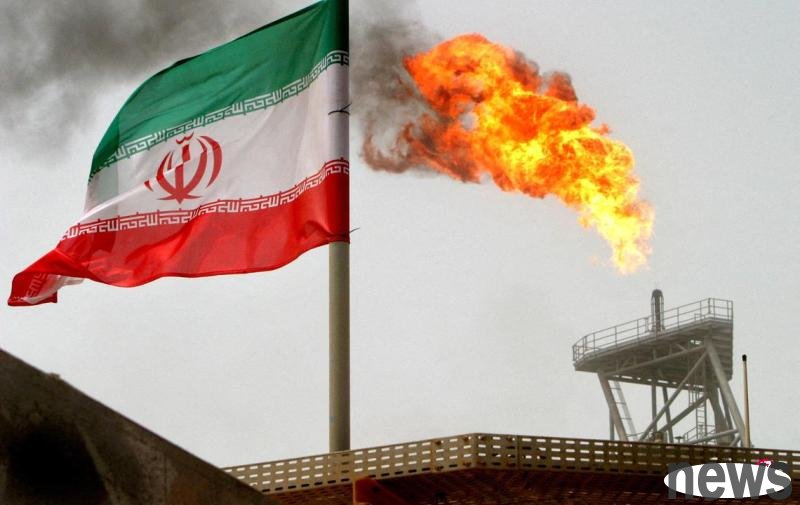
It is reported that Israel may plan to take military action against Iran, causing market concerns about the disturbance of the Middle East crude oil supply, and international oil prices have risen significantly. On Wednesday (May 21), Brent crude oil futures price once rose to about $66 per barrel (about S$85).
The overall supply of crude oil is still oversupply, but Ruizhi De Energy believes that with the arrival of summer in the northern hemisphere, temperatures above normal levels may drive the growth of crude oil demand for power generation; in addition, crude oil demand from refineries is expected to increase by 2 million barrels per day in the summer, so the supply and demand pattern may still be tight.
Norwegian Rystad Energy pointed out in a report that the current geopolitical situation in Russia and Venezuela is not certain, and coupled with the seasonal factors of summer crude oil demand (Northern Hemisphere), international oil prices are expected to continue to rise. Priya Walia, an analyst at Ruizhi Energy, pointed out that the market has not yet fully reflected the risk of the Israeli-Iran conflict that may escalate comprehensively. Currently, investors are mainly betting on interruptions in crude oil supply rather than complete suspension of operations. "Although crude oil transported through Iran's Strait of Hormuz accounts for nearly 26% of global maritime crude oil."
Valia also said that if any conflict escalates, the Strait of Hormuz will not only bring risks to the Middle East, but also lead to global problems, complicating regional logistics, delaying supply adjustments, or raising questions about strategic oil reserves and diversification of supply.
CNN recently quoted sources as saying that the United States recently obtained intelligence that Israel may be preparing to attack Iran's nuclear facilities. It is not clear whether the Israeli side has made a final decision. Based on Israel's different views on the US-Iran nuclear agreement negotiations, the US believes that the possibility of Israel's attack on Iran's nuclear facilities has increased significantly in recent months.
Valia pointed out that the situation in Iran remains a key variable in the international crude oil supply prospects. If Iran reaches an agreement with the United States, Iran may supply an additional 500,000 barrels of crude oil per day by the end of 2025, and future output may further increase depending on investment.
Ruichen Energy Report shows that global demand for liquid fuels is expected to increase by only 700,000 barrels per day in 2025, while supply may increase by 2.2 million barrels per day, of which Non-Oil Alliance+ can contribute about 75%.
The seasonal factors of summer crude oil demand in the northern hemisphere are also a key factor affecting oil prices.
"If tensions escalate (both countries) the global crude oil supply may drop by about 500,000 barrels per day, but OPEC+ (OPEC+) has the ability to quickly fill this gap. Oil prices are expected to hover at a high of around $65 a barrel, with a volatility of about $5."